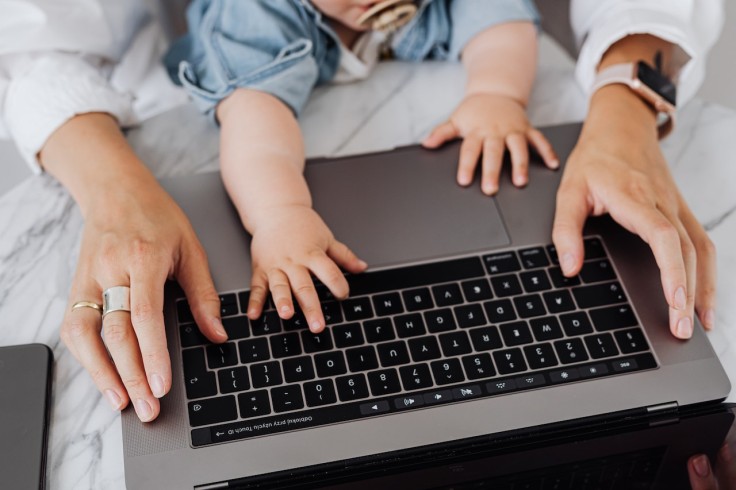
It's back to school for the kids and the workplace for the parents as bosses set aside work from home and online meetings and push people back to the office.
Parents cannot deny the surprising comfort of working from home. It somehow made the impossible balancing act of parenting and career possible. However, now that the pandemic is over, the office wants them back, and the big question once again looms in front of them - will it be the kids or career? Suddenly, having the best of both worlds in parenting and career became a thing of the past.
"Parents are being forced to find alternative arrangements, and for many that means they're not coming back into the job market," senior economist at Wells Fargo Sarah House stated in an interview with Fortune last March.
Parents leaving their job because of childcare issues
The latest Household Pulse survey by the Census Bureau revealed that almost 3 out of 10 parents with young children under five years old are juggling caring for their child while working. The challenges to childcare have resulted in 38 percent of parents utilizing their vacation or sick leave to take care of their children. Others are either cutting work, taking unpaid leave, or eventually leaving their jobs because of childcare issues.
Even if the kids are back to school now, the difficulty of finding childcare remains, resulting in parents having a hard time maintaining a typical work week.
One of the surprisingly positive benefits of the pandemic, the "hybrid or remote work," has been seen as a solution for some working parents. However, 94 percent of mothers expressed that they are afraid to ask for this kind of work schedule or other flexible work schedules because it may come at the expense of a promotion. This is putting much pressure on mothers who are now being asked to go back to the office, Yahoo Finance reported.
Not only are the parents affected but also those who don't have children. Witnessing how working parents perform the somewhat impossible balancing act of kids and career, some non-parents have decided to delay having children and focus on their career journey first. 1 out of 3 employees in the U.S. thinks that having children can have a negative impact on their careers. This is according to a new Glassdoor and The Harris Poll survey that polled 2,000 adults. Aside from the balancing act, this decision is also caused by the inflation rate and the increased cost of having a child.
The guilt of a working parent
Gill, a careers expert from the U.K. who works for long hours and continually chooses to make the balancing act between parenting and career work, she often finds herself "battling guilt."
There is guilt when she needs to rush the bedtime routine to get back to her computer asap. There is guilt when she's late picking her children up from school because there has to be a work commitment to finish. She honestly expressed that on those days, she couldn't bear the look on her children's faces as they were the last to be fetched by a parent.
Gill has to "actively suppress" the guilt and all other negative feelings so that they would not impact her work.
According to BBC, working parents feel inadequate. They lament the struggles of being good at their career and at the same time being a present parent. Working moms feel this the most.
New research suggested that negative feelings like this can directly impact their careers. Parents who feel guilty tend to be less productive at work, and this is because when they feel bad about their parenting and feel that they lack in this area, they tend to withdraw from the activity that they think is the cause. This then results in blocking career development and eventually leaving the workforce.
Thus, it is suggested that the workplace and society should understand the crucial link between parental shame and work performance. Taking the time to evaluate how to normalize and support the "balancing act" many working parents are contending with will not only improve the lives of parents and children but also help keep the parents, especially women, in the workforce in a time of economic crisis.
Related Article: How Working Parents Can Find Their Calm Place